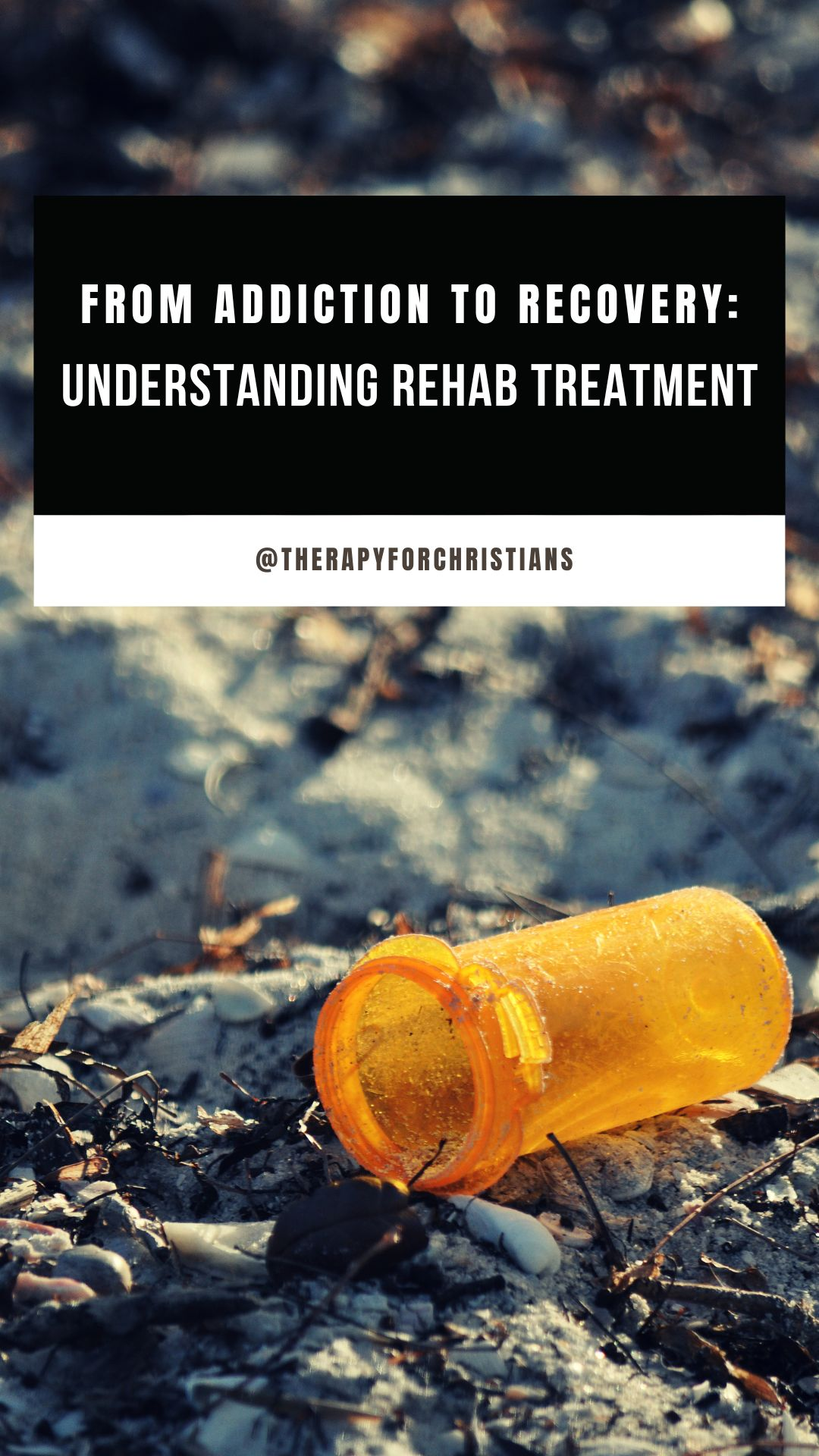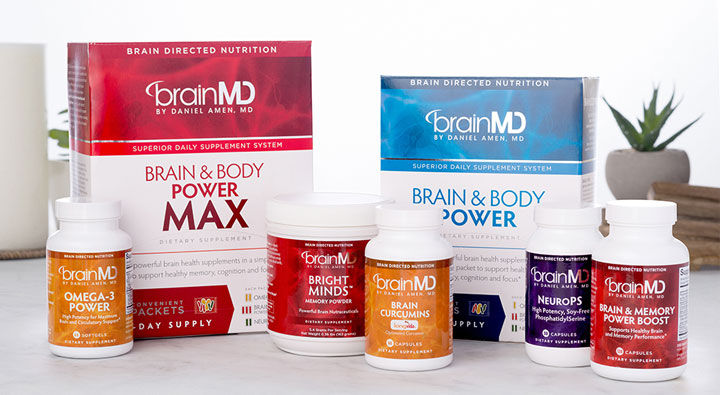
 Rehabilitation, or rehab, is a term that is often heard in the context of drug and alcohol addiction. But what does rehab actually entail? And who can benefit from it? This post will explore the definition of rehab and answer some common questions about it. Stay tuned for more information on how to know if rehab is right for you or a loved one.
Rehabilitation, or rehab, is a term that is often heard in the context of drug and alcohol addiction. But what does rehab actually entail? And who can benefit from it? This post will explore the definition of rehab and answer some common questions about it. Stay tuned for more information on how to know if rehab is right for you or a loved one.
What is Rehab?
According to the Substance Abuse and Mental Health Services Administration, more than 21 million people were in need of substance abuse treatment in 2019. The term "rehab" is a generic term that refers to rigorous, supervised programs that help people stop using drugs or alcohol and provide them the tools they need to live a healthy life. There are many different types of drug and alcohol rehab programs.
Types of Rehab:
Inpatient treatment usually occur in a hospital and last at least 28 days. The care each patient receives is usually overseen by a medical doctor.
Residential treatment usually occur in a non-hospital setting and is highly structured. Residential rehab is recommended for cases of severe or long-term addiction, as well as those suffering from co-occurring disorders, due to the comprehensive nature of the therapy provided.
Recovery housing allow patients to live in a supervised, temporary housing where they can participate in an addiction treatment programs.
Outpatient rehabilitation treatment may offer similar services to inpatient rehab, but clients return home each day following therapy. There are several levels of outpatient care, including:
Partial hospitalization programs (PHPs) - Is the most intensive outpatient program. It usually requires patients to attend a treatment program most days of the week (i.e., five) for several hours a day.
Intensive outpatient programs (IOPs) - Is less intense then PHP but still require the patient to attend a structured program several times a week (i.e., 2-3) for a few hours a day.
Traditional substance use therapy - Is the least intense of the outpatient treatment options. It usually requires the patient to attend treatment once a week for about an hour.
WHAT IS DUAL DIAGNOSIS PROGRAM?
A dual diagnosis treatment program is a type of rehab that treats both addiction and mental illness. This type of treatment is important because addiction and mental illness often go hand-in-hand. Dual diagnosis programs can occur during both inpatient rehab and outpatient rehab.

How does rehab work?
The first step in rehab is detoxification, which is the process of ridding the body of harmful toxins. This can be done through natural means or with the help of medication.
Once a medical detox is complete, patients will begin therapy, which can take many forms. Some common types of therapy used in rehab include individual counseling, group therapy, and family therapy. In addition to traditional talk therapy, some rehab centers also offer alternative therapies such as yoga and art therapy.
Resocialization is the last stage of rehab. During this stage, patients learn new ways of functioning in society to stay sober.
How do you know if you need drug abuse rehab?
If you’re struggling to quit using drugs or alcohol on your own, it may be time to seek out professional help. Other signs that you may need drug abuse rehab include experiencing withdrawal symptoms when you try to quit, engaging in risky behaviors, and continuing to use despite negative consequences.
Who Can Benefit From Rehab?
Anyone who is struggling with addiction can benefit from rehab. However, it is important to note that not everyone will have the same experience in rehab. What works for one person may not work for another. It is important to find a rehab program that is tailored to your specific needs.
What Are The Benefit of Rehab Treatment Programs?
There are many benefits to be had from rehab. Some of the most notable include:
1. Improved mental health
When it comes to addiction, there can be underlying mental health issues that need to be addressed. This is where rehab can really help. By addressing the root causes of your addiction, you can start to improve your sense of wellbeing and mental health. This can be a crucial step on the road to recovery.
If you are struggling with addiction treatment and mental health issues, it is important to get help. Rehab can provide the support you need to get on the path to recovery. With the right treatment methods and support, you can overcome your addiction and improve your mental health.
2. Better Physical Health
Physical health is one of the most important aspects of overall health and well-being. When you are addicted to drugs or alcohol use, your physical health can suffer greatly. This is because addiction takes a toll on your body and can lead to a number of health problems.
Rehab can help to restore your physical well-being by providing addiction treatment. In addition, drug rehab can also improve your quality of life by helping you to overcome your addiction and regain control of your life. With proper medical treatment, you can overcome your addiction and improve your physical health as well.
3. Support network
Other support network available at rehab can be one of the most valuable aspects of the treatment process. At rehab, you will have access to a team of counselors and therapists who will provide support and guidance throughout your recovery journey. You will also have the opportunity to meet other people who are in recovery, which can provide a sense of community and support. These relationships can be incredibly beneficial, as they can offer encouragement and advice during difficult times. Additionally, the support network available at rehab can help keep you accountable, which can be crucial for maintaining your sobriety.
4. Learn about addiction
Addiction is a complex disease that can be difficult to overcome. In rehab, you will learn about the different factors that can contribute to addiction, including your genetics, environment, and lifestyle. You will also learn about the different types of addiction, as well as the signs and symptoms of addiction. This knowledge can be invaluable in helping you to stay sober long-term.
5. Develop Coping Skills
One of the main goals of rehab is to help you develop healthy coping skills for dealing with stress and temptation. These skills can help you to stay sober when faced with difficult situations in the future. Some of the skills that you may learn in rehab include:
Developing a support system of friends or family members who are supportive of your sobriety.
Talking about your feelings and thoughts openly, rather than bottling them up.
Participating in activities that you enjoy, such as sports, hobbies, or exercise.
Practicing stress-relieving techniques such as deep breathing, meditation, or yoga.
Identifying and avoiding high-risk situations and people that may tempt you to drink or use drugs.
Learning how to deal with negative emotions such as anger, sadness, or fear in a healthy way.
6. Learn about Relapse Prevention
Relapse prevention is an important skill to learn if you are in recovery. It can help you stay on track and avoid a relapse. There are many things you can do to prevent a relapse, including:
Identifying early warning signs of a relapse, so you can take action before it’s too late
Staying connected to your support network
Practicing healthy coping skills
Avoiding triggers
Taking care of yourself both physically and emotionally
It is also important to remember that relapse is not a failure. It is part of the recovery process. If you do relapse, don’t give up. Just pick yourself up and start again.
7. Gain Insight into Your Addiction
Addiction can be caused by a variety of factors, such as genetics, environment, and lifestyle. It’s important to understand these underlying causes in order to get the most out of rehab and prevent future relapses. In rehab, you will also learn about the different types of addiction and how they can affect your life. This information can help you to make more informed decisions about your future and how to stay healthy.
8. Develop a New Lifestyle
One of the goals of rehab is to help you develop a new lifestyle that is free from addiction. This includes adopting healthy habits and avoiding situations that may lead to relapse.
9. Improve Relationships
Addiction can take a toll on your relationships with friends and family members. Rehab can help you to repair these relationships and build new ones that are based on trust and mutual respect.
10. Increased Chance of Success
The more time you spend in rehab, the higher your chances of success become. This is because rehab provides a structured environment where you can focus exclusively on your recovery without any distractions.
How much does rehab cost?
The cost of rehab will vary depending on a number of factors, such as the type of treatment you receive, the length of time you stay in treatment, and the location of the treatment center. In general, however, the cost of rehab can range from $500 to $30,000 per month or more, and part of the cost may be covered by your health insurance.
How to Find the Right Rehab for You?
When it comes to finding the right rehab for you, there is no one-size-fits-all solution. The best way to find a addiction treatment program that meets your needs is to speak with a professional who can help you assess your options. You can also read reviews of treatment centers online or speak with someone who has been through rehab themselves.
What are the Side Effects of Rehabilitation?
There are a range of possible side effects associated with rehabilitation, depending on the type of rehab program someone undergoes. Some common side effects include fatigue, pain, dizziness, nausea and vomiting, muscle soreness, and changes in mood or personality.
It's important to note that not everyone will experience these side effects – in fact, for many people, the benefits of rehab far outweigh any potential risks or side effects. However, it's important to be aware of them so that you can be alert to any potential problems and make sure to report them to your doctor if they do occur.
Final Thoughts on Rehabs
If you or someone you know is struggling with addiction, don’t hesitate to reach out for help. There are many resources available to you, and treatment can make a world of difference. Remember, addiction is a disease, and it is never too late to get help.
Before you leave, we would appreciate it if you helped us spread the word by sharing, tweeting, pinning, etc. this post.
About the Author:
 Corine Williams, Ph.D. is Clinical Psychologist that is currently seeing clients in the States of Maryland, New Jersey, and New York. You can find out more about her practice by visiting www.therapyforchristians.com/corinewilliams. In addition to providing individual therapy, Dr. Williams is also passionate about writing books and designing merchandise that educate, uplift, and normalize mental health subject in the Christian community. You can find out more about her at www.booksbycorine.com or by visiting her amazon profile here: https://www.amazon.com/Corine-Hyman/e/B00AWZ5FL2
Corine Williams, Ph.D. is Clinical Psychologist that is currently seeing clients in the States of Maryland, New Jersey, and New York. You can find out more about her practice by visiting www.therapyforchristians.com/corinewilliams. In addition to providing individual therapy, Dr. Williams is also passionate about writing books and designing merchandise that educate, uplift, and normalize mental health subject in the Christian community. You can find out more about her at www.booksbycorine.com or by visiting her amazon profile here: https://www.amazon.com/Corine-Hyman/e/B00AWZ5FL2
Help us increase mental health awareness in the Christian community by donating through our paypal link here: www.paypal.com/therapyforchristians, joining our mailing list by clicking below, or join our provider list here: Provider listing
Disclaimer: the information, including but not limited to, text, graphics, images and other material contained on this article are for informational purposes only. No material on this site is intended to be a substitute for professional medical advice, diagnosis or treatment. If you are looking for a Christian counselor near you, please check out our directory located here: Christians Therapist Near Me
.png)















